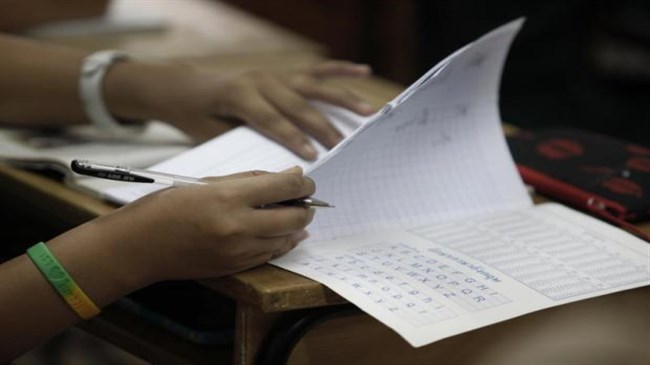
In Thailand alone, 380,000 children are out of school, and the quality of education is so poor that the World Bank has estimated one third of Thai youth are functionally illiterate, bangkokpost.com wrote.
Educational quality is now interwoven with all the 2015 UN SDGs. For instance, it is widely accepted that education is key to eliminating poverty. But, the report notes that in both Thai urban and rural areas, there are extreme wealth differences. The incidence of poverty nationally stands at 13 percent of the total population according to the 2014 UN Thailand Human Development Report.
Some provinces are utterly poverty-stricken. In Nakhon Phanom, Chaiyaphum, Si Sa Ket and Buri Ram in the Northeast and Pattani in the deep South, poverty tops 30 percent, with the western provinces of Ratchaburi (30 percent), Kanchanaburi (33 percent), Tak (44 percent) and Mae Hong Son (60 percent) worst of all.
The report notes that education systems must take care to respect minority cultures by making education universally equally accessible in a culturally responsive manner, another SDG, such as by using associated languages. If this is not done, the result is major socio-economic inequity.
In Thailand's western provinces, children from mountain peoples ethnic communities, such as the Karen, are forced to learn in a language other than the mother tongue, with not even dual-language education available.
Thus, they are immediately disadvantaged when seeking to enter the national and international job markets. For example, in 2013 85 percent of Czech students demonstrated a functional working knowledge of computers and only 13 percent of Thai children, the best educated, had this ability.
In the deep South provinces, national IQ testing has revealed students' average IQ falls in a "low" range in all three provinces ― as low as 88 in Narathiwat ― and in the low range in 17 out of 19 provinces in the Northeast.
Provincial IQ's under 95, as in Pattani in the deep South and Kalasin and Rot Et in the Northeast, suggest schools are not properly teaching logical-mathematical skills; or the children are demotivated, feel excluded, and reject the education system; or the children do not understand standard Thai enough to understand the education system; or diseases of poverty such as malnutrition and iodine deficiency are ruining children's educations.

Add new comment